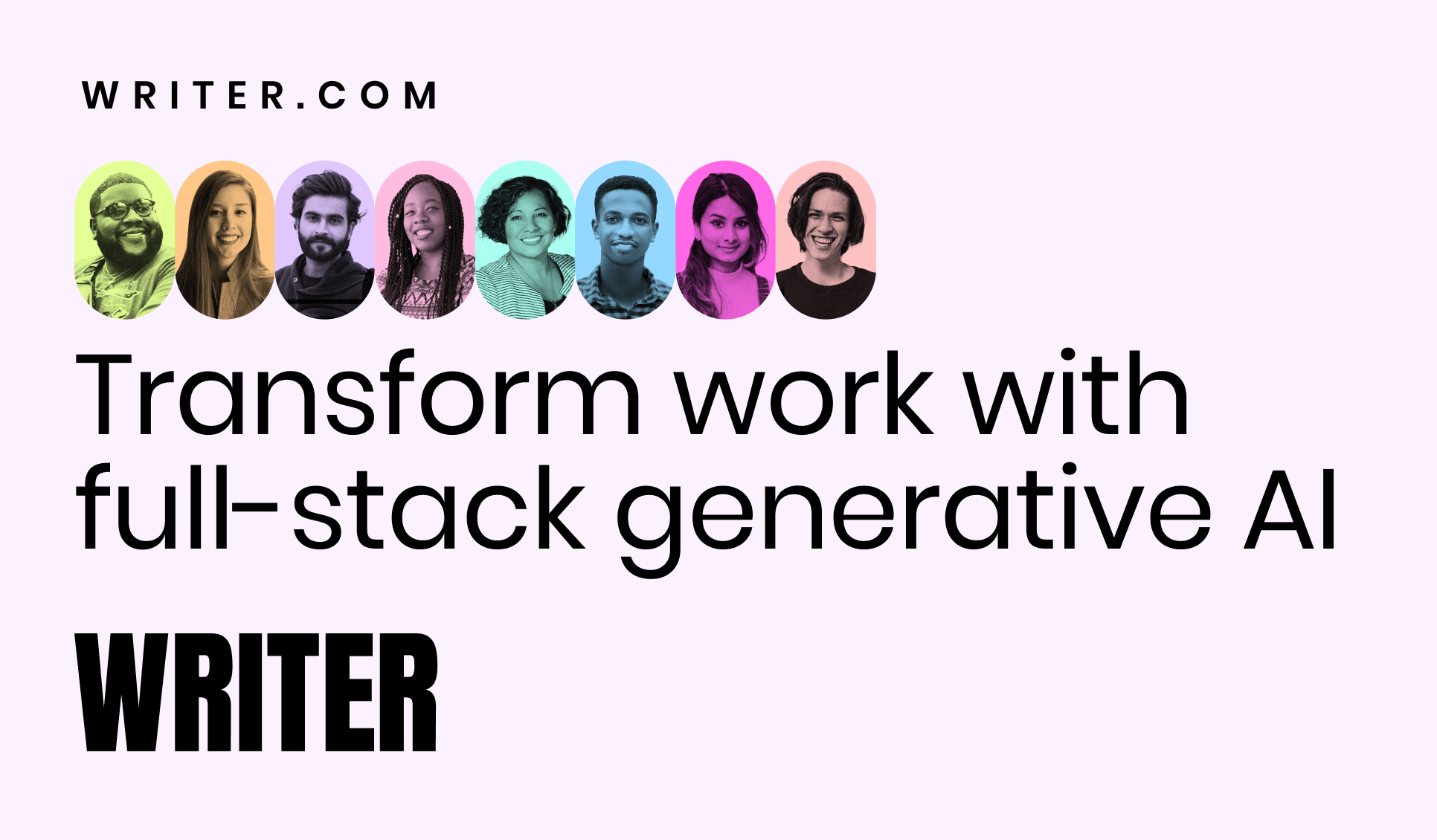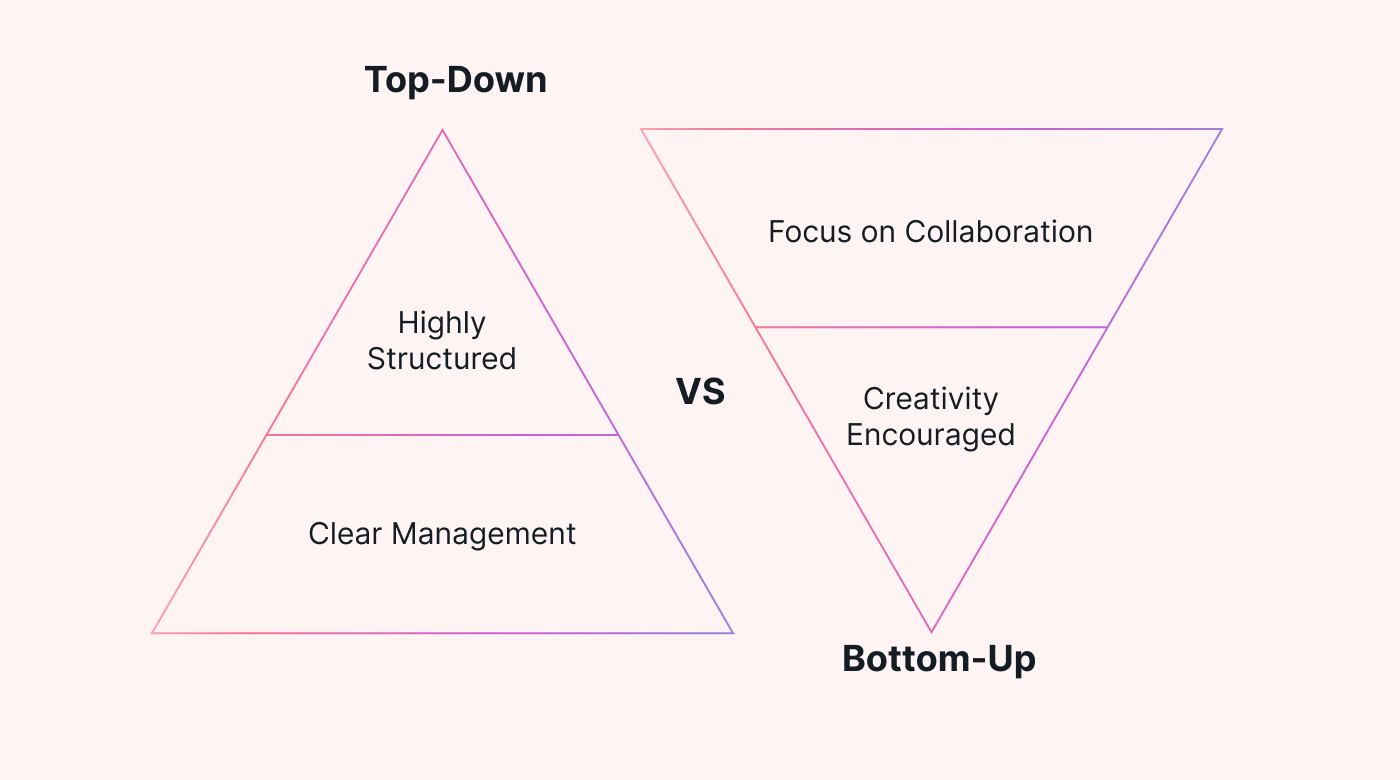- SCALABLE
- Posts
- 📊 Winning Documentation
📊 Winning Documentation
👉 Learn how to write actionable product documents that does not suck, and set the tone right for your team, fast.

👋 Hi there - it’s Egemen. Thanks for reading Scalable.
Straight up - I am not a fan of documentation.
(**goes on and writes a heck-long newsletter**)
Often, documentation becomes a vehicle for people to “show” their work instead of facilitating team conversations and collaborating.
This is quite counter-productive, and does not help the startup to go from point A to point B.
Product documents, flowcharts, user stories, and more…
Many of these can become really opinionated really fast with the incorrect methodology.
Well, this week - we’re having a whole deep-dive on this, and I’m sharing:
where documentation is needed
what format is the most effective
how to find the right balance
Here’s a snapshot of what’s on the menu today:
☝️ Scaled This Past Week: Writer
💡 Spotlight: The future of presentations
🧠 Deep-Dive: Documentation that wins
🗺️ Method: Fully automated email outreach
⚾️ Catch: Learn AI in 5 minutes a day
☝️ Scaled This Past Week: Writer
First of all, what a legendary domain name - writer.com
San Francisco-based Writer secured $200M in Series C that values the enterprise-focused generative AI platform at $1.9B - it’s the scale of the week!
With that, this is a 4x in valuation - from the $500M last year after a $100M round by Iconiq Growth.
The new Series C was co-led by Iconiq, Premji Invest and Radical Ventures.
Writer is designed to:
help businesses use large language models to improve workflows
offer AI solutions that can execute complex enterprise operations across systems and teams.
The company already has a high-profile customer base with the likes of Accenture, L’Oreal, and Uber.
With the new investment, they’ll focus more on quick-start AI applications and AI agents in several industries like healthcare, retail, and finance.

💡 Spotlight
The future of presentations, powered by AI
Gamma is a modern alternative to slides, powered by AI. Create beautiful and engaging presentations in minutes. Try it free today.

🧠 Deep-Dive: Documentation that wins
I want to start with a quick story.
To reiterate - I am not a fan of documentation.
I used to work for a startup where documentation was completely banned, yes, entirely forbidden - and it was seen as a waste of time.
Well, at first, this may sound like a “cool and loose” startup rule. However, that was probably the most productive place I’ve ever worked in.
The “no-documentation” rule forced a culture for everyone to continuously communicate and take decisions as a team.
If you were solo-team-player who wanted to jot things down on your own and later feed it to the team to call a meeting, this approach was frowned upon.
Simply because it required significantly more time and effort to then get everyone on the same page.
Moreover, team members became defensive over their precious docs and flow charts that they'd spent hours on and creating value automatically became priority.
Not only that, the same rule also allowed cross-functional team members to take action and move with things independently.
This was a great catalyst for growth in the early days.
Now, let’s be clear about one thing: it’s often misconstrued that top-down organizations and highly-structured, and bottom-up organizations focus more on collaboration where creativity is encouraged.
Honestly, I generally disagree with the phenomenon. I think there many parameters that play into a startup’s productivity, and their leadership style is merely one, each being unique.
In that startup I was working at the time, nobody needed a “aligned and synced” document from one another (that required a few meetings to get there).
This empowered the decision-making of individual team members over one specific person or job function.
That also caused a few problems, because no one function had the final say without a senior leader of the organization present in a conversation.
Which, in this case, created a few bottlenecks when the employee count rapidly increased - but that’s whole another topic.
👉 With the wrong culture and way of working, documentation becomes a tool for people to “prove” that they worked to look good in the organization - that are often unread, and ineffective.
After that place, I worked in many different startups, and here is my conclusion about documentation:
When documentation is driven bottom-up in an organization, it’s ineffective and often counter-productive.
When documentation is driven top-down in an organization, it sets the tone for everyone and encourages autonomy.
That being said, Amazon’s writing style is one that I’m inspired by.
So what?
👉 Here’s my advice to a winning strategy and finding the right balance to documentation, especially in the early days of a startup.
To set the direction right at first and then get out of the way of the team, every startup founder can and must write product requirements documents like this:
Use less than 30 words per sentence, avoid pervasive words
due to the fact that → because
totally lacked the ability to → could not
with the possible exception of → except
Replace adjectives with data
We made the performance much faster → We reduced server-side latency from 10 ms to 1 ms
Be precise
nearly all customers → 87% of premium subs
significantly better → +25% basis points
Does your writing pass the “so what” test?
Clearly explain what you describe
Provide data and alternative solution ideas
Ideally pick one and justify
Being objective > being subjective
Subjective: Sales increased significantly in Q4, due to the use of holiday promotions.
Objective: Unit sales increased by 40% in Q4 2023, compared to Q4 2022, because of holiday promotions.

🗺️ Method: Fully automated email outreach
Your Cold Emails, Delivered
Take back control over your deliverability with cold email infrastructure built specifically for large-scale cold outbound.
No matter how many emails you want to send, Infraforge has you covered with automated set up of domains and mailboxes, warm up and seamless API for unlimited integrations.

👋 Working on a startup? Here’s how I can help:
🎙️ Grab Some Time With Me | 🛒 Go to Scalable Template Store |
🤝 Check out Scalable partners | 📰 Read Scalable.News for more |
📨 Keep in mind - you can also reply to this email, I read every reply.

⚾️ Catch
Learn how to make AI work for you
AI won’t take your job, but a person using AI might. That’s why 1,000,000+ professionals read The Rundown AI – the free newsletter that keeps you updated on the latest AI news and teaches you how to use it in just 5 minutes a day.

How much did you enjoy this week's post?PS: It's a safe space 🤞 |





Reply